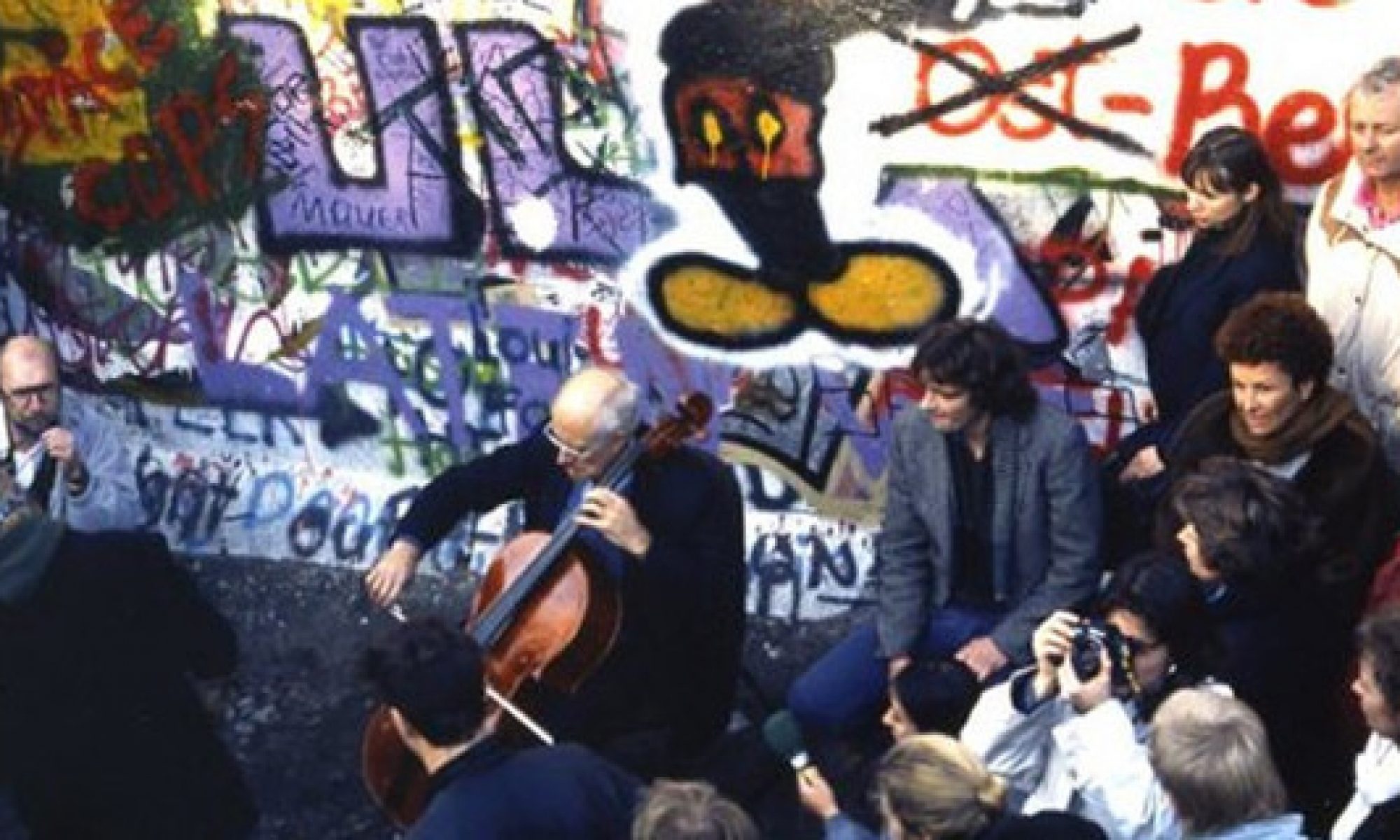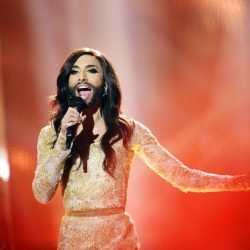Its fascinating reading how Berlin is the reason as to why we have EDM today. EDM and music festivals reveals around so many young adults today its fascinating reading where it all started. In this class we have read about how other countries have seen our culture and used it as there own. Finally we see how us Americans have gotten something from another country and inserted it into our lives today. Berlin started off with there night clubs full of DJ’s on the weakens to having huge music festivals around the world. All this started in one place across the ocean.
t.A.T.u. You! Russia, the Global Politics of Eurovision, and Lesbian Pop Article
Julia Volkova and Lena Katina played there cards well when it came to the press. They knew exactly what the public wanted and they made sure to deliver. The fact that they used there sexuality too there advantage was smart in some ways yet inappropriate. Them pretend to be lesbian in front of the press is no okay. Unlike David Bowie, and just went with the flow of things, these girls were literally pretending to be part of the LGBTQ community. These underage girls would act sexual on stage and dress up in school girl close. They almost seems like they were the high payed prostitutes. Julia and Lena were promoting to others that its ok to be something your not. I don’t believe this was an acceptable message to be sending to others around the world.
David Bowie – Marissa Whitby
Today we will be talking about a very famous person named David Bowie. This man is many things, I would definitely describe him an interesting person. He started his career in 1962 and ended around 2016 around when he passed away. He was mainly known as a Rock and Roll artist. He called himself and liked to think of himself as an actor, which was pretty accurate considering the different types of characters he created/performed as. His most famous character was Ziggy Stardust. This was portrayed in 1972 through his album, The Rise and Fall of Ziggy Stardust and the Spiders from Mars. This persona was the start to a successful career for David Bowie. He continued to come up with more and more personas as time went on; he made it his “thing” and he loved it. Some other personas he created were Aladdin Sane, The Thin White Duke, The Goblin King, and The Blind Prophet.
David Bowie was many things/personas but one thing that he did was he just went with the flow. Many people were making assumptions of him, saying he was being gay or crazy. Yet, none of this fazed him. He’s iconic for not really caring about what others say. All he cared about was doing what he loved. Bowie explained in an interview with Cameron Crowe that his fans need to understand his progression with music. What’s funny is that Bowie didn’t give the people what they were asking for exactly, but what he wanted to be his own person which makes him even more unique. Bowie either knew what he wanted and produced it, or just simply went with the flow.
- Do you think David Bowie would have been as famous as he was if he was just like any other rock singer?
- Do you think he was well respected considering the way he perceives himself?
- How did David Bowies queer sexuality and characteristics affect peoples perspective of him? Did this affect his fan base, or his life outside of these characters is?
- Since Bowie claims he is an actor, do you think he was playing the role of Ziggy Stardust or is he Ziggy Stardust?
- After reading about some of the characters David Bowie portrayed, do you believe some or all of these characters made up a little bit of him as a person?
- How does he tell a story through his songs differently than other rock bands or musical artists?
- Throughout Auslander’s article, how does Auslander describe David Bowie’s performances in theatrical ways? How does this translate after seeing it onstage? In the show, it shows David Bowie being a little funny and theatrical in a scene at 1:06:49; after reading the article and seeing him through this performance, do you believe he was an actor, performer, artist, or all of these?
- How was lighting used as a special effect in his shows? Do you believe this was effective through his show? Some specific places light was used dramatically were in,18:40 37:33 , 48:12, 1:01:47. Specifically in the Auslander article he talks about a moment that happens in 35:34 of the show.
- In Auslander’s article, he talks about Ronson and Bowie’s relationship. In the show, there is a clip at 50:55 to 56:12 that is talked about in Auslander’s article. What characteristics are they presenting? Does this show any characteristics that Bowie is perceived as having? What type of characteristics does Ronson show? How did this effect Ronson’s character on stage?
- After reading the interview by Cameron Crowe, I noticed that Bowie wasn’t really complying during the interview. He would either give very blunt statements or completely redirect the topic to something not as similar as what the interviewer was asking him. If David Bowie was going to be noncompliant why did he agree to do the interview in the first place? Why do you think he was being very incompliant?
The Blue Angel
Marissa Whitby
HIS 315
September 25, 2019
The movie stars two main characters Professor Immanuel Rath (Emil Jannings) who is a high well respected educator, and Lola Lola (Marlene Dietrich) a dancer at the local club named The Blue Angel. It is mainly set in two significant places, one being the professor’s classroom, and the other The Blue Angel. The movie’s plot intensified when the Professor Immanuel Rath (Emil Jannings) finds that his students, specifically Angst, has photos of a cabaret performer named Lola Lola (Marlene Dietrich). The Professor ends up going to this club to find his students and punish them, but instead he found the love of his life, Lola Lola. They both seem to have an interest in each other, which leads to them getting married. The Professor was fired from his job because he was associated with Lola Lola. This leads to a life of selling photos of Lola and and the Professor becoming part of the act.
1. Through the film, a specific clock is shown that sounds at these points during the film: 7:30, 32:28, 58:08, and 1hr 41 mins. What does this clock symbolize in this film?
2. In Tuesday’s class we read chapters five and six from Jelavich Peters scholarly book Berlin Cabaret. What elements from the book are depicted in the film?
3. In the film it shows two different clowns one in the beginning and one near the end, what do these clowns symbolize?
4. Throughout the film we see Lola performing in shows singing various songs. Specifically she sings two love songs about finding love, one in the beginning, and the other at the end. What do these songs show about Lola and her relationship with men?
5. In German culture in the time period of the film, blue did not have the connotation of “sad,” as we know it, instead it meant “dirty”. In the context of the film being called The Blue Angel, with Blue being dirty and Angel signifying Lola, what qualities of Lola does this describe?

